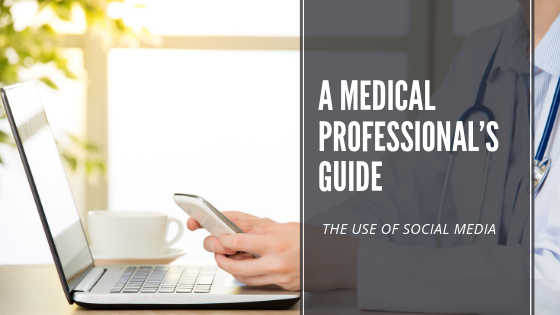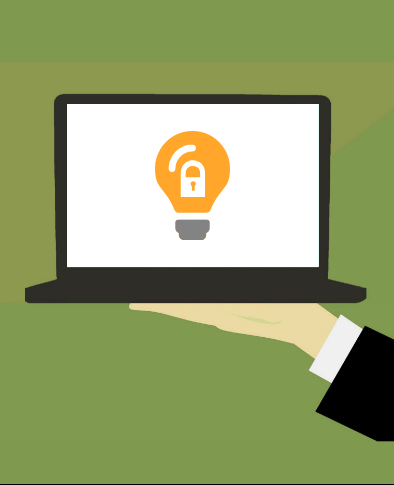A Medical Professional’s Guide to the Use of Social Media
September 25, 2018

Patient privacy is the utmost obligation of nurses, doctors and healthcare staff. Medical professionals especially those who have access to protected health information must observe mandates on patient privacy and confidentiality at all times and in all places, and that includes online presence. Many still believe that personal comments, videos, or photos online are momentary or influences just a few numbers of viewers, when we talk of the World Wide Web, these materials are public and permanent. Therefore, although these medical professionals and healthcare staff life is separate from their professional responsibilities, it is crucial to understand and always be on guard that one’s conduct on social media is a public act that can be dissected and judged in the same way as any other public action.
Social media offers both advantages and disadvantages; medical professionals must consider a number of best practices when getting involved within the virtual world of social media to ensure they are able to preserve patient privacy and their own reputation as the most trusted profession.
Here are the best social media practices for medical professionals:
- Understand your legal and ethical obligations as well as your organization’s social media policies and procedures regarding protecting the patient’s privacy and confidentiality either online or offline.
- Ensure that you are not to transmit or place online any individually identifiable patient information. At times, even if you have removed a patient’s name or face in your uploaded images, these do not necessarily protect that patient’s identity. Learn more about this individually identifiable information here.
- In as much as you can, do not ‘friend’ your patient in social media and should you really need to, observe the boundaries prescribed in a patient-medical professional online. The guidelines in these matters are no different in person (offline) or online.
- Most social media platforms if not all of them provide you the opportunity to set up and configure your posts and online activities’ privacy settings. However, the use of these privacy settings does not guarantee that the information will not be shared in less protected avenues.
- In instances where your co-worker has violated the privacy rules and guidelines on that protected health information in social media as such the patient’s health, safety, or right to confidentiality regarding medical and health information has been violated, it is your obligation to report these matter to your supervisor and Privacy Officer of your facility or practice. However, make sure that you have accurate and verifiable information on hand and can provide factual documentation of the same to support such actions.
- During the development of social media policies and procedures, most facilities, do involve their entire workforce or at least encourage them to participate. Take advantage of these privileges and have your say. These can not only protect your rights and the others who participated but can also provide helpful action for the patient and at the same time flourishing fairness, support, and non-punitive correction and training for the medical professional’s unintentional lapses.
The challenge is clear. As a medical professional who has access to patients’ protected health information, you must be aware, cautious and observant. Always act in the best interest of your patients.
